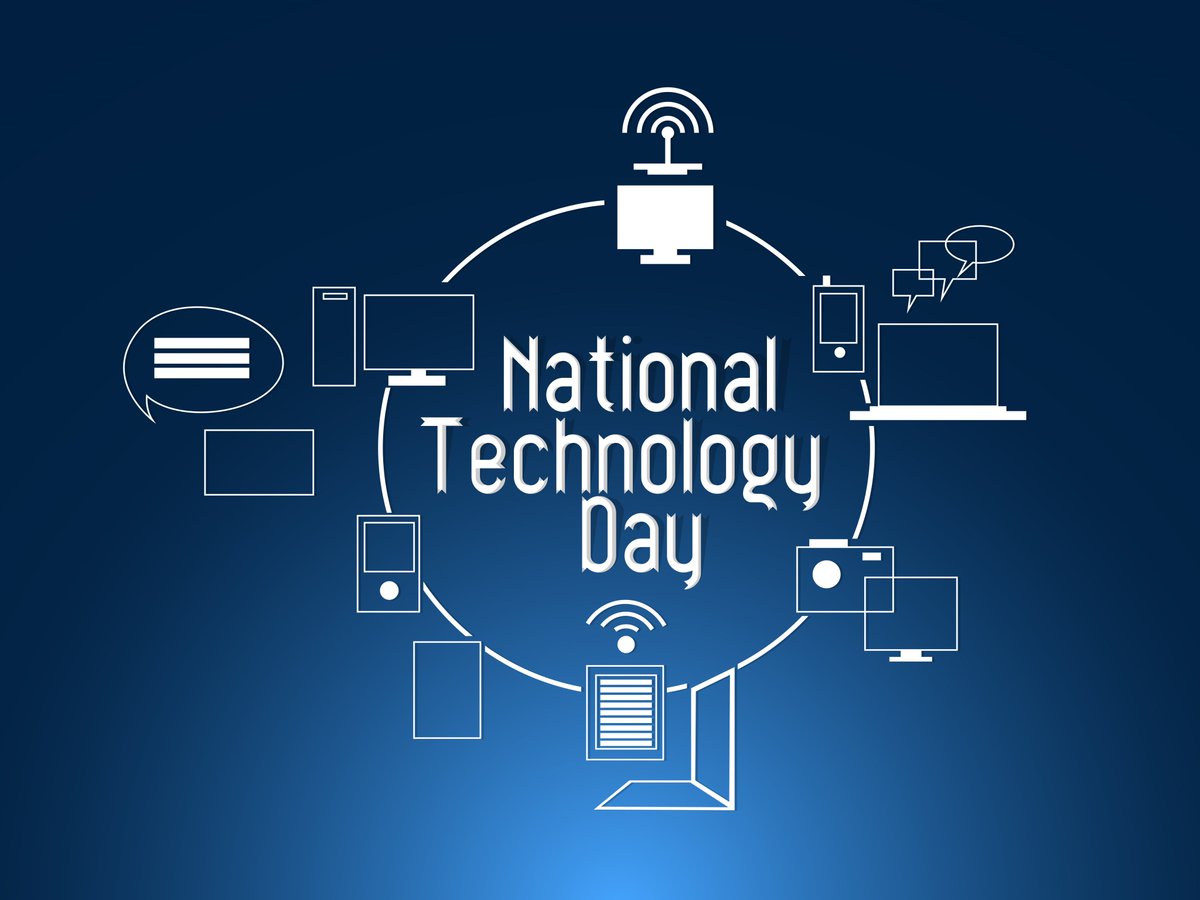Every year May 11th is celebrated as the National Technology Day in India. This day commemorates the anniversary of the Pokhran nuclear tests of 1998. Prime Minister of India, Narendra Modi hailed the courage shown by the then prime minister Atal Bihari Vajpayee.
Modi tweeted “Greetings to everyone, especially our industrious scientists and those passionate about technology, on National Technology Day,”
“We remain grateful to our scientists & the then political leadership for the courage shown in Pokhran in 1998,” he added.
One of the major reasons why this day is important in India is because on May 11, 1998, India successfully conducted nuclear explosion tests in Pokhran (Rajasthan) to showcase its defence skills. The operation was led by aerospace engineer and the late President of India, Dr. A.P.J. Abdul Kalam. The tests at Pokhran, comprised of five detonations. The first was a fusion bomb while the other four were fission bombs. Alongside, two fission bombs were detonated on 13th of May, 1998. These nuclear tests evolved various sanctions against India by many major states including the United States and Japan. The Government of India run by Atal Bihari Vajpayee congregated a press conference for the declaration of India as a full fledged nuclear state. Various names were attributed for these tests with the original name as ‘’Operation Shakti-98,” while the five nuclear devices were classified Shakti I through Shakti V.
Apart from the nuclear tests, the country’s first native aircraft Hansa-3 also commenced flight in Bengaluru, India. It was designed exclusively by the National Aerospace Laboratory. The native aircraft was a two seater that focused on surveillance, pilot training, aerial photography and other uses. Beside these two, the surface to air missile, Trishul holds an important role in making the day even more special. Post the tests, the missile was inducted in to the Indian Army and the Air Force. Trishul also became of part of the Integrated Guided Missile Development Programme of India.
The Indian Government is promoting technology incubators and other various research centres all over the globe. India’s space business also is to witness tremendous growth in the next five years on the back of technology advancement, global space business and a sharp rise in the Indian Space Research Organisation’s (ISRO) satellite launch capability.
The key objective of this day is to promote the advancements in technology in various fields across the country.
Currently, India ranks third among the most attractive investment destinations for technology transactions in the world.


MM88
November 5, 2025 at 1:36 pm
Khám phá thế giới giải trí trực tuyến đỉnh cao tại MM88, nơi mang đến những trải nghiệm cá cược thể thao và casino sống động.
MM88
November 6, 2025 at 12:08 am
Với giao diện mượt mà và ưu đãi hấp dẫn, MM88 là lựa chọn lý tưởng cho các tín đồ giải trí trực tuyến.
谷歌站群
November 7, 2025 at 4:04 pm
专业构建与管理谷歌站群网络,助力品牌实现全域流量的强势增长。谷歌站群
站群程序
November 10, 2025 at 3:00 am
搭载智能站群程序,自动化搭建与管理,为SEO项目提供核心驱动力。站群程序
Kuwin
November 10, 2025 at 6:40 am
kuwin sở hữu kho game đa dạng từ slot đến trò chơi bài đổi thưởng, mang đến cho bạn những giây phút giải trí tuyệt vời.